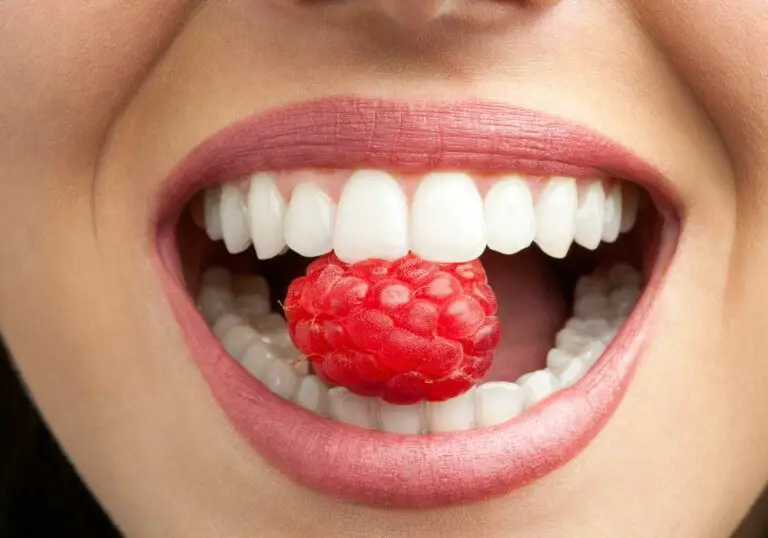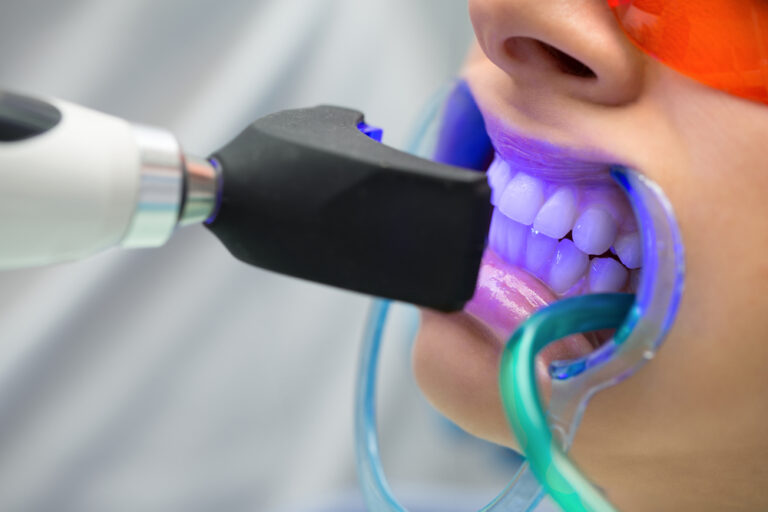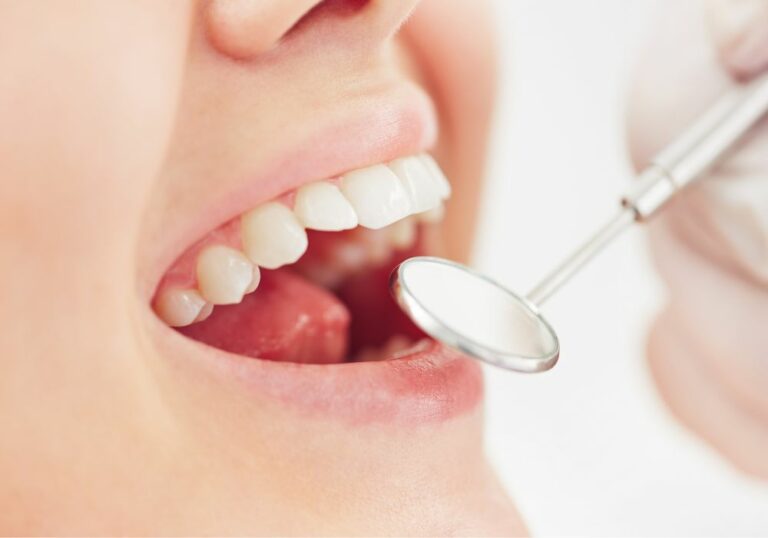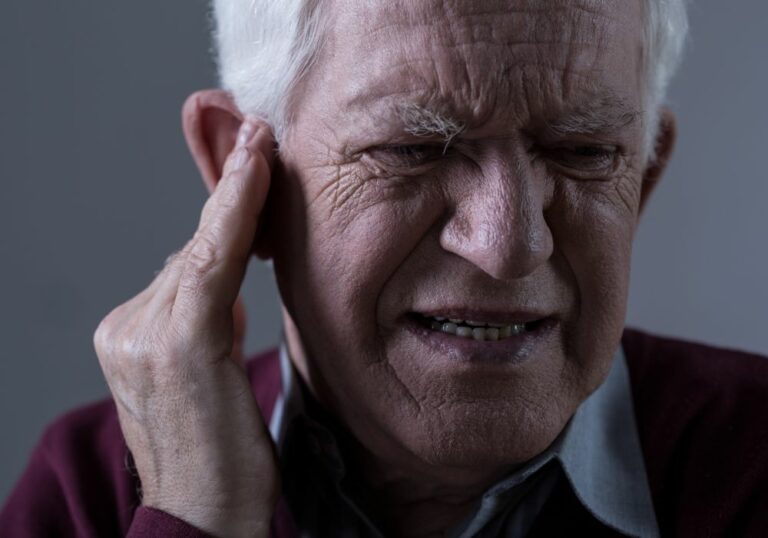Forgetting to brush your teeth is a common problem that many people face. There are several potential reasons why you may be forgetting this important daily habit. Understanding the causes in more depth can help you develop better strategies to remember to brush your teeth more consistently.
The Causes of Forgetting To Brush Your Teeth
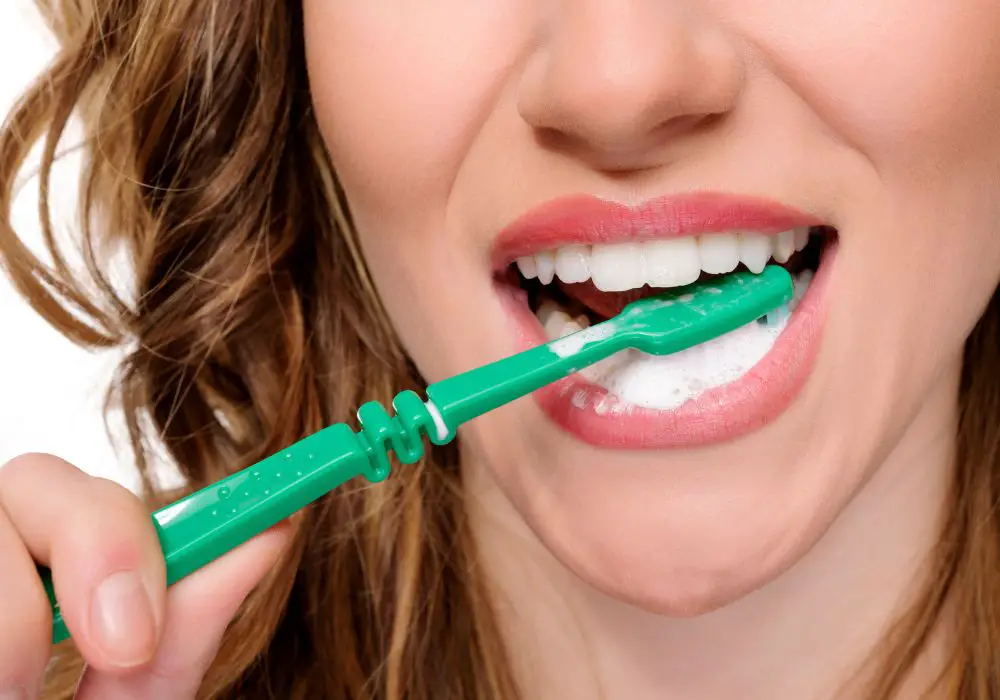
Lack of a set routine
One of the most common reasons people forget to brush their teeth is not having a regular oral care routine. If you brush your teeth at different times each day or whenever you remember, you’re less likely to develop a strong habit.
Without a consistent routine like brushing after breakfast and before bed, it’s easy to overlook this task. Out of sight, out of mind. Having a set schedule and sticking to it is key. You need to repeat the behavior at the same times to make it automatic.
Aim to brush first thing in the morning and last thing at night. Link it to an existing habit like eating breakfast or getting ready for bed. The more consistent you are, the more ingrained the habit will become over time.
Distractions
Life is full of distractions these days. Phones, work, children, social obligations, and countless other things compete for our attention every day. With so much going on, it’s no wonder that proper oral hygiene falls lower on the priority list.
When you’re preoccupied or in a rush, it’s easy to forget little daily health habits like tooth brushing. Distractions disrupt your focus and make it more challenging to remember tasks. Even if you have a routine, it’s easy to skip when you’re hurried and overscheduled.
Try to minimize distractions and multitasking when it’s time for oral care. Put your phone away, do it before getting ready for work, set boundaries with household members, and make time for health habits. The more present you can be while brushing, the more likely you’ll remember to do it consistently.
Forgetting is normal
Forgetting to do mundane tasks is normal, especially with all the demands of modern life. Humans have limited mental bandwidth. Our brains can only actively hold a certain amount of information at once before things fall through the cracks.
It’s understandable how brushing your teeth could get lost among a dozen other things you have to remember to do in a day. With work, family, and health priorities competing for your brain’s resources, oral hygiene may not always make it to the forefront of your mind.
Don’t be too hard on yourself – a task as repetitive as brushing your teeth twice a day is bound to slip your mind sometimes. But you can implement strategies to help overcome normal forgetfulness. Like setting phone reminders, keeping supplies visible, and establishing set routines to take the thinking out of habit formation.
Lack of motivation
Let’s be honest – brushing your teeth is boring. It’s a mandatory self-care activity, not necessarily something you look forward to doing. Unlike hobbies or leisure activities you enjoy, dental hygiene feels more like a chore.
When tasks aren’t fun or intrinsically rewarding, they’re easier to deprioritize and skip. Without motivation driving you, maintaining habits like oral hygiene can fall by the wayside.
You can boost your motivation to brush regularly through self-care. Try thinking of it as quality time spent caring for your health each day, which also leaves you with a clean and fresh mouth. Make oral care the first component of your morning renewal and nightly wind-down ritual.
Fatigue
Fatigue can seriously impair your memory functions and make you more likely to forget tasks and habits. Being overtired inhibits your brain’s ability to form and retain memories properly.
If you’re utterly exhausted at bedtime, you may crash immediately instead of taking a few minutes to brush your teeth. Waking up incredibly groggy can also make you stumble through your morning routine on autopilot, forgetting important steps like brushing after breakfast.
Ensuring adequate sleep is crucial for supporting your memory and ability to perform daily habits consistently. To counteract fatigue, try brushing together as a family – keeping each other accountable and making it a shared habit. Set phone alerts as backups too.
Stress and mental health issues
High stress levels and mental health issues like anxiety and depression can cause memory problems. Chronic stress impairs your cognitive abilities and can make you more forgetful in general.
Mental health conditions also severely impact memory and make daily tasks difficult to remember to do. Symptoms like lack of motivation, difficulty concentrating, and feeling overwhelmed interfere with forming habits.
Managing stress through self-care practices like exercise, meditation, socializing, and delegating obligations can help. Seeking treatment for mental health struggles can also improve your focus and energy to stay on top of habits. Don’t hesitate to ask family to remind you during tough times.
Consequences of forgetting to brush your teeth
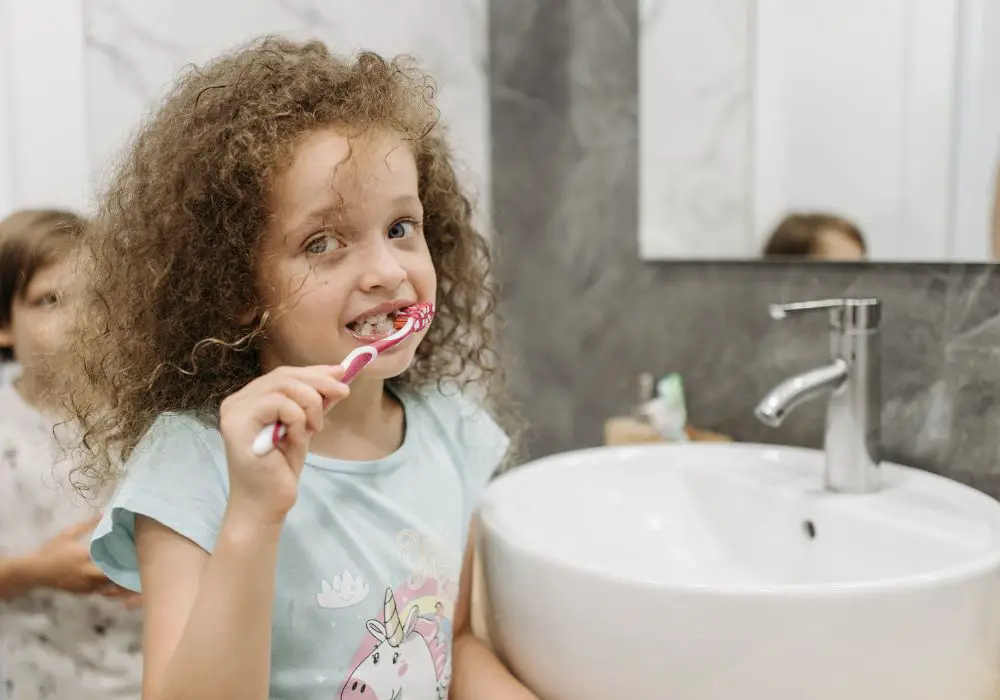
Forgetting to brush your teeth once in a while may not seem like a big deal. But if it becomes a habit and regular occurrence, you’re putting your oral and overall health at serious risk.
Plaque buildup
Plaque is a thin, sticky film of bacteria that continuously forms on your teeth. When you don’t brush and floss regularly, plaque builds up and starts to harden into tartar.
Tartar is hardened plaque that sticks to your teeth. It can only be removed by professional cleaning. Too much plaque and tartar leads to gum inflammation, cavities, and eventually even tooth loss if left untreated.
Cavities
Plaque turns into acid when the bacteria feast on sugars from food and drink. This acid eats away at the enamel on your teeth, causing holes known as cavities.
Cavities weaken teeth and can become severely painful if they progress to the inner pulp. The more often you let plaque build up through irregular brushing, the more likely cavities will develop.
Gingivitis
Inflammation of the gums, known as gingivitis, occurs when plaque sits on your teeth for too long. The bacteria in plaque release toxins that irritate your gums.
This makes your gums swollen, tender, and prone to bleeding when brushing or flossing. If gingivitis escalates, it can develop into much more serious periodontal disease.
Bad breath
Halitosis, or bad breath, arises when bacteria, leftover food particles, and other debris linger on your teeth and tongue.
Irregular brushing and flossing causes sulfur compounds to build up from the bacteria, resulting in unpleasant odors. Thorough daily brushing is vital for keeping your breath fresh.
Tooth loss
Over time, not taking proper care of your teeth through regular brushing and flossing can lead to various issues that jeopardize tooth health and longevity. Ultimately, poor oral hygiene habits can cause permanent tooth loss.
Cavities and gum disease are the main culprits of tooth loss if untreated. Brushing twice daily and seeing your dentist helps prevent serious problems leading to extraction.
Heart disease & other conditions
Believe it or not, poor oral health is linked to heart disease, diabetes complications, premature birth, respiratory diseases, and other serious whole-body conditions.
Bacteria from an unclean mouth can enter the bloodstream through bleeding gums or ulcers. This causes inflammation throughout the body, increasing disease risk. Maintaining good oral hygiene helps keep bacteria levels under control.
Tips for remembering to brush your teeth
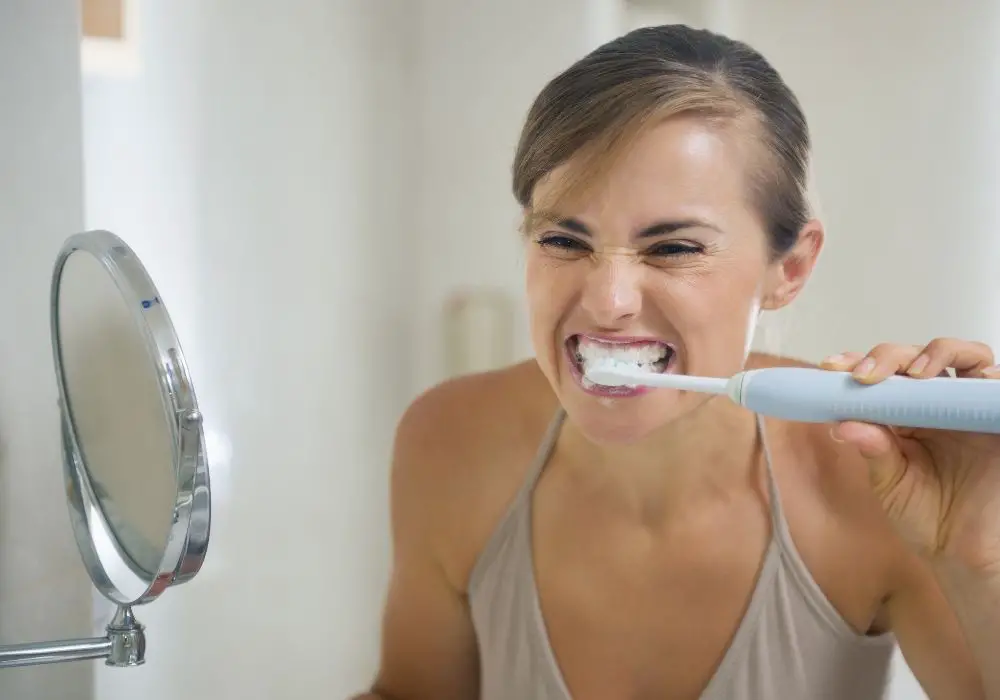
Breaking the cycle of forgetting to brush your teeth requires implementing some behavior changes and habit-building strategies. Here are some highly effective tips to help you remember this crucial daily habit:
Create a routine
As mentioned earlier, establishing a consistent brushing schedule is key for making it an ingrained habit. Decide on set times – for most people right after waking up and before bed works best.
Always brush at the same time(s) each day rather than just when you think of it. Link it to an existing habit like having your morning coffee or changing into pajamas at night to create a regimen.
Use reminders
Set phone alarms, calendar alerts, or other app reminders to brush your teeth twice a day. Keep oral care items like your toothbrush, toothpaste, and floss visible on your bathroom counter or bedroom table rather than tucked away in a cabinet.
Seeing your supplies out will help jog your memory and serve as a visual cue that it’s time to brush. Post sticky note reminders on your mirror or above your sink for an extra nudge.
Make it enjoyable
Play music, watch YouTube, or listen to a podcast while brushing to make the 2 minutes more entertaining. Get an electric toothbrush with a built-in timer and helpful features like Bluetooth connectivity or smiley/frowny face progress indicators.
Switch up your toothpaste brand and flavor occasionally to keep your oral care routine interesting. Add some novelty like flashing or musical kids’ toothbrushes to make it more fun.
Prioritize self-care
View oral hygiene as a self-care activity with benefits for your health, smile, confidence, and fresh breath. Make time for health-promoting habits like brushing and flossing.
Practice mindfulness while brushing to fully focus on caring for your teeth and gums rather than rushing through on autopilot. Be present in the moment to build awareness.
Note how you feel after
Pay attention to how your mouth feels after you brush vs. when you forget. Enjoy the fresh, clean sensation you get from oral hygiene. Notice if you feel more confident and ready to start your day with clean teeth.
Remembering these positive feelings can motivate you to make brushing a consistent habit. Also note any regret or disappointment in yourself when you forget to brush.
Brush together
Make oral hygiene family bonding time. Brush and floss together, especially with young children, to set an example and build habits together. Talk about the importance of dental health.
For couples, use it as a way to connect at the start and end of your day. Remind each other if one person forgets. Turn tasks into together time.
See your dentist
Regular dental cleanings and checkups every 6 months help spot potential issues early before they become serious. Feedback from your dentist and hygienist can motivate you to be more diligent with daily brushing and flossing.
Ask your dentist for tips to improve your oral hygiene habits. Having a professional accountability partner can provide added motivation to stay on track.
| Reasons for Forgetting | Solutions |
|---|---|
| Lack of a set routine | Create a consistent daily brushing schedule |
| Distractions | Minimize multitasking during oral care times |
| Forgetting is normal | Use phone alerts and visibility tactics |
| Lack of motivation | Make it fun and prioritize self-care |
| Fatigue | Ensure adequate sleep; brush together |
| Stress and mental health issues | Manage stress; seek treatment if needed |
Frequently Asked Questions
Why is it important to brush your teeth twice a day?
Brushing your teeth twice a day is crucial because plaque begins to rebuild in as little as 20 minutes after you finish brushing. Bacteria in your mouth are constantly forming plaque every time you eat or drink anything.
Brushing in the morning removes the plaque that built up overnight. Brushing at night removes any new plaque that formed during the day from snacking and eating meals. This helps prevent cavities, gum disease, bad breath, and other oral health issues.
Dentists recommend dedicating 2 minutes to brushing your teeth thoroughly in the morning and 2 minutes again before bedtime. Brushing after every meal is ideal if you can.
What’s the best time of day to brush teeth?
The most important times to brush teeth are first thing in the morning and right before bed to fully remove daytime and nighttime plaque buildup.
Other optimal times are after meals or sugary snacks to clean acid and food particles from your teeth before they can damage enamel. Morning brushing helps “reset” your mouth and remove bacteria accumulation from sleeping.
Brushing right before bed helps ensure you sleep with clean teeth and don’t have food debris sit in your mouth overnight feeding plaque bacteria.
How can I motivate myself to brush my teeth more consistently?
There are several ways you can boost your motivation to develop a regular tooth brushing habit:
- Make oral hygiene more rewarding by playing music, watching shows, using a fun toothbrush, trying new toothpaste flavors, etc.
- Set phone reminders to brush twice a day. Put sticky note reminders on your mirror too.
- Frame flossing and brushing as an act of self-care and “me time” twice a day rather than a chore.
- Brush together as a family and offer rewards for kids completing brushing goals.
- Get an electric toothbrush with a built-in timer and app connectivity.
- Note how clean your mouth feels after brushing vs. forgetting.
- See your dentist regularly for added accountability.
What kind of toothbrush is best for forming a brushing habit?
Electric toothbrushes are ideal because they have built-in timers to ensure you brush for the full dentist-recommended 2 minutes. Electric brushes also provide enhanced plaque removal through oscillating motions.
Features like Bluetooth connectivity to track brushing frequency, app integration, visual smiley/frowny face indicators, and behavioral nudges help build habits.
Kids’ musical or flashy toothbrushes make oral care more entertaining. Any toothbrush can work as long as you use proper technique for 2 minutes twice a day.
How can I stop forgetting to brush my teeth before bed?
Here are tips to remember brushing before bed:
- Make tooth brushing the first step of your bedtime wind-down routine, right after changing into pajamas or whatever transition signals “getting ready for bed” to you.
- Set a reminder alarm on your phone 1 hour before your set bedtime as a cue to brush.
- Keep your toothbrush, toothpaste, floss, and mouthwash somewhere visible in your bedroom if possible, rather than tucked away in a bathroom cabinet. Seeing your supplies can trigger you to follow through.
- Ask your partner to remind you or make it a habit to brush together before bed.
- Note how clean and fresh your mouth feels after brushing at night as motivation to keep it up.

